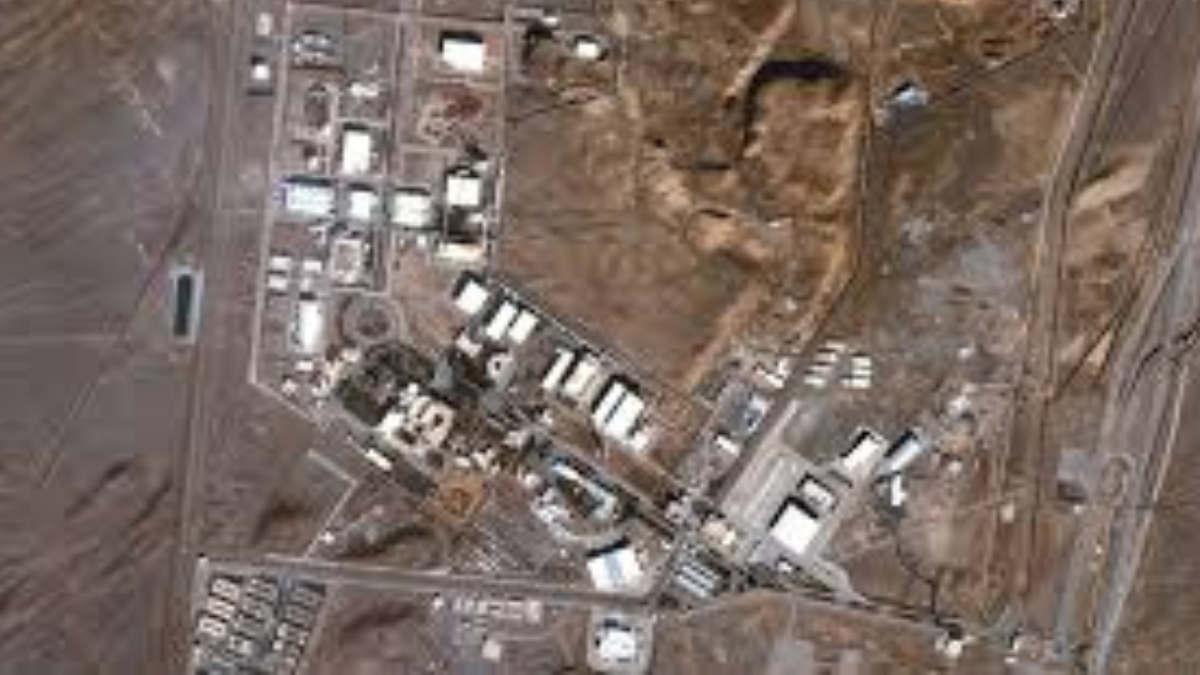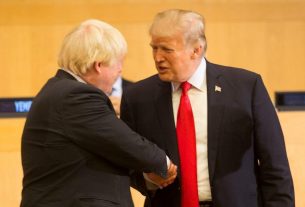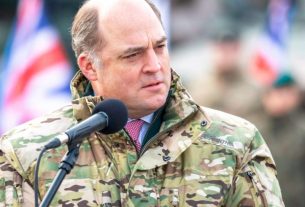Iranian President Masoud Pezeshkian has officially signed off on a law that halts Iran’s collaboration with the International Atomic Energy Agency (IAEA), further complicating any hopes of reviving the country’s nuclear monitoring framework.
The approval came just days after the Iranian parliament voted in favor of suspending cooperation with the IAEA. Tehran accuses the agency of leaking sensitive information to Israel, leading to targeted strikes on its nuclear infrastructure — a claim strongly denied by the IAEA.
According to the state-run IRNA news agency, President Pezeshkian has directed the Atomic Energy Organization of Iran, along with the Ministry of Foreign Affairs and the Supreme National Security Council, to begin implementing the legislation. The timeline and scope of its implementation remain unclear, but the move is expected to restrict international oversight and allow Iran more flexibility to advance its nuclear ambitions without external inspections.
Global Reactions: A Surge of Concern
Iran remains a signatory to the Non-Proliferation Treaty (NPT), which mandates that member countries allow IAEA inspections to verify that nuclear programs remain peaceful. However, this latest step could signal a shift away from transparency and compliance, heightening concerns among international observers.
In response, a spokesperson for the IAEA stated the agency was awaiting official communication from Iran to assess the situation. Meanwhile, reactions from the international community have been swift and critical.
The United States condemned the law, describing Iran’s decision as “deeply troubling.” A U.S. State Department representative urged Tehran to reconsider and take advantage of the opportunity to re-engage diplomatically. “Iran still has time to choose a constructive path,” the official said.
Germany also expressed concern, warning that the Iranian president’s approval of the measure sends a “dangerous message.” A spokesperson for the German Foreign Ministry emphasized that continued collaboration with the IAEA is crucial for any potential diplomatic resolution to the nuclear issue.
The United Nations echoed those sentiments, with Secretary-General Antonio Guterres’ office labeling the development “alarming.” UN officials reiterated the importance of Iran maintaining open lines of communication with global nuclear regulators.
Rising Tensions and the Shadow of Conflict
This legislative move follows a recent escalation in regional hostilities. Last month, Israel conducted a wave of strikes targeting Iranian military leaders, nuclear scientists, and facilities linked to Iran’s atomic program. In response, the U.S. carried out supportive military actions, launching airstrikes on key nuclear sites in Natanz, Isfahan, and Fordow.
Despite significant damage reported by Iranian authorities, the nation insists it will continue enriching uranium for what it calls peaceful purposes. According to the IAEA, the strikes, while disruptive, were not sufficient to fully dismantle Iran’s nuclear capabilities. Analysts suggest Tehran could resume higher-level enrichment activities within months.
Future Uncertainty and Nuclear Ambitions
Days prior to the Israeli offensive, the IAEA announced that it could no longer fully verify the peaceful intent of Iran’s nuclear program. The agency released a report noting uranium enrichment levels nearing weapons-grade thresholds — a finding that triggered a formal censure by the IAEA board.
This development provoked strong backlash within Iran. Officials accused IAEA Director General Rafael Grossi of bias and collusion with hostile powers. Supreme Leader Ayatollah Ali Khamenei maintains that Iran does not seek nuclear weapons, citing religious prohibitions against weapons of mass destruction.
Iran has gradually reduced its compliance with nuclear transparency agreements since the U.S. exited the 2015 nuclear accord in 2018 under former President Donald Trump, further straining efforts to reinstate trust and diplomacy in the region.




